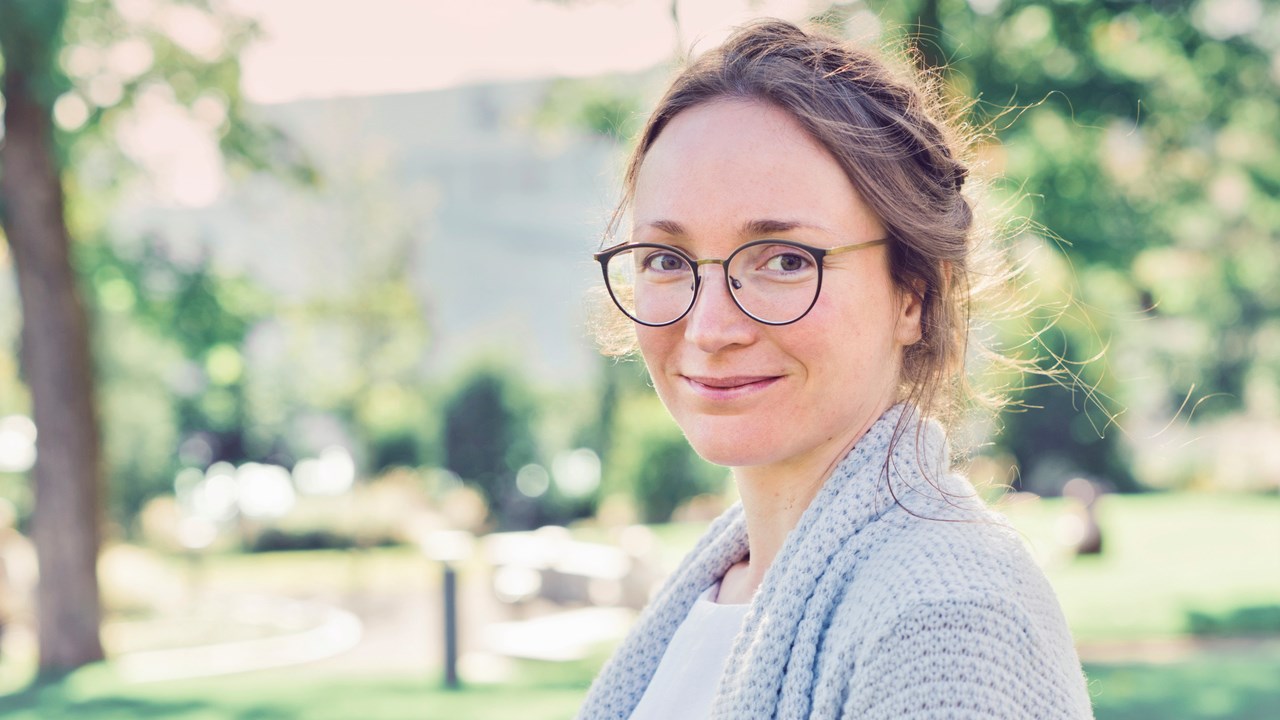About the defense of the dissertation
The defense of the dissertation is taking place Wednesday June 5 at 8.30-10.30, at auditorium HUM.D.210, The Humanities Building.
Opponent is Rustamjon Urinboyev, docent, Rättssociologiska institutionen, Lund universitet.



